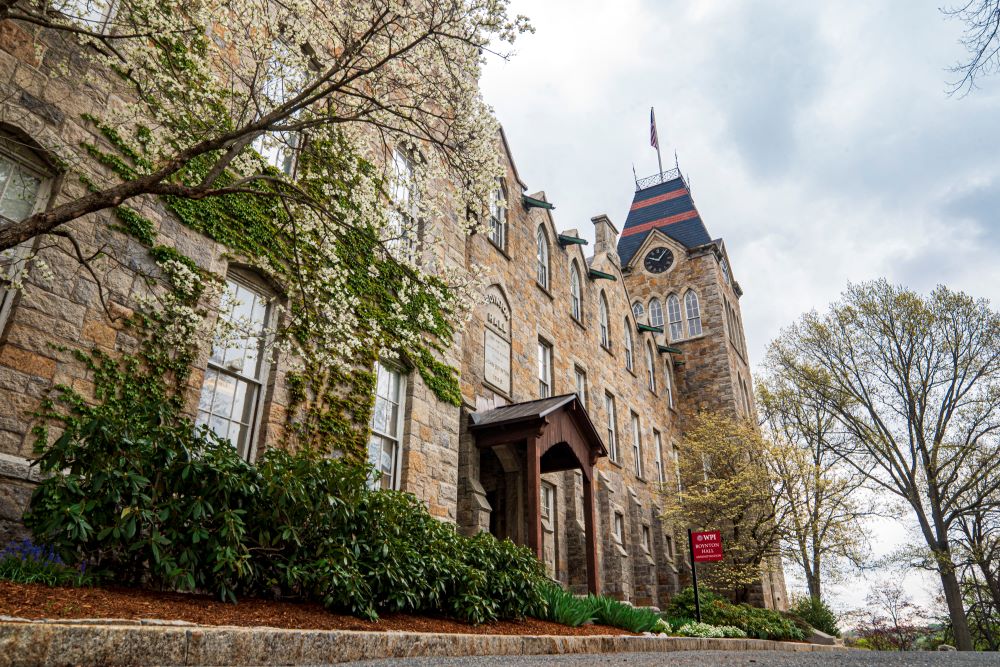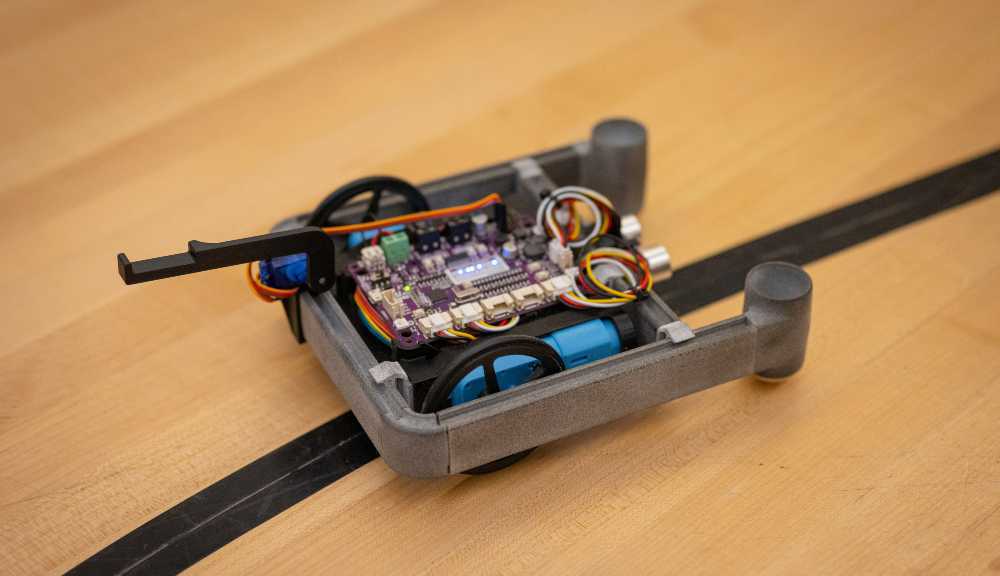WPI has formed a 40-year partnership with Chicago-based investment management firm Harrison Street that will provide $45 million for the university’s strategic initiatives and accelerate work to reduce WPI’s carbon footprint by expanding energy-conservation measures, improving WPI’s power plant, and developing sustainable energy technologies for the WPI campus.
The partnership also will lead to new research opportunities for students and faculty.
Under the agreement, Harrison Street will become the exclusive energy supplier to WPI. The firm will lease, manage, operate, develop, and finance the university’s campus utility system. A second company, Cogen Power Technologies of Latham, New York, will operate WPI’s campus power plant.
Harrison Street will pay $45 million up front to WPI and, over the course of the partnership, collaborate with WPI faculty and students on research projects to create opportunities for hands-on learning on campus.
“As a university committed to the application of knowledge and research toward solving the world’s most challenging problems, we want to be at the forefront of developing, implementing, and transitioning to clean technologies,” says Winston “Wole” Soboyejo, interim president. “We must also ensure that we are contributing to climate change solutions. This partnership allows us to do both.”
Harrison Street and WPI will begin improvements to campus buildings in early 2023, the start of a multi-phased approach toward strategic energy conservation measures. Improvements could include new windows and LED lighting in campus buildings, optimization of heating and cooling systems, and the installation of solar panels on some campus buildings.
In addition, Harrison Street and WPI will consider projects that could include developing microgrids for the campus and pursuing alternative energy technologies, such as geothermal systems.
“WPI is a community that is constantly figuring out how to do things better, and I am particularly proud of this partnership because it allows WPI to focus on its own sustainability goals, while also providing opportunities for teaching, learning, and research,” says Michael Horan, executive vice president and chief financial officer. “WPI’s campus will further lean into being an impressive living laboratory while producing innovations, expertise, and well-prepared graduates who will help the rest of the world.”






